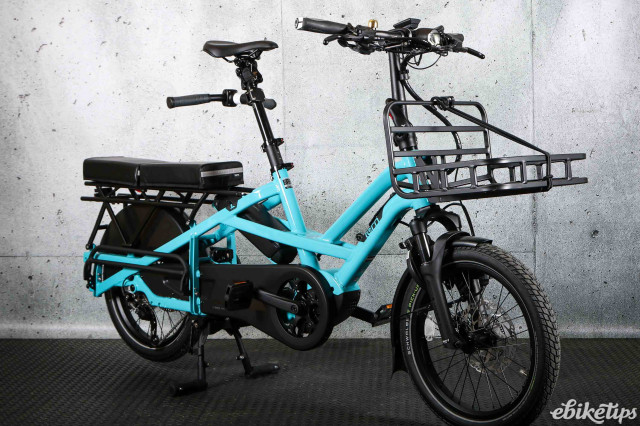Mining giant Glencore has invested an undisclosed amount in UK battery start-up Britishvolt. The deal will ensure the latter has a long-term supply of cobalt as it develops and brings online its £2.6bn 30 GWh “gigaplant” in Northumberland.
Green campaign group Transport and Environment (T&E) says that the UK produced roughly half of all electric cars built in Europe in 2018, but that lack of investment could mean that sinks to 4% by the end of the decade.
Battery supply has historically proven one of the greatest production bottlenecks.
Britishvolt is looking to manufacture sustainable, low carbon lithium-ion battery cells on the site of the former Blyth Power Station coal stocking yard in Cambois, Northumberland.
The project will be built in three phases of 10 GWh each (enough for around 100,000 electric cars a year), with the third phase due for completion by the end of 2027. Initial production is expected to begin late in 2023.
“Cobalt is a key ingredient in electric vehicle batteries and knowing that we are being supplied with responsibly produced cobalt is a signal to the market that we are living by our values,” said Britishvolt founder, Orral Nadjari.
“We believe that to be a true pioneer in the battery cell manufacturing industry, Britishvolt must lead by example and ensure that its supply chains are as ethical, low carbon and sustainable as is possible,” he added.
David Brocas, head cobalt trader at Glencore, commented: “We are delighted to be partnering with Britishvolt, a pioneer in UK electric vehicle battery technology and production. The UK has a unique legacy of automotive innovation and Britishvolt’s ambition to power the next generation of mobility will add to this rich history.
“Our commitment to support our partners in meeting their requirements for essential battery ingredients is key to underpinning long-term supply agreements. As the mobility and energy transition accelerates, so does future demand for battery metals such as cobalt, copper and nickel. Glencore is already a leading producer and supplier of these metals, helping to underpin our ambition of achieving net zero total emissions by 2050.”
Britishvolt’s gigaplant will initially employ 1,000 people, growing to more than 3,000 once it is at full capacity.
The news follows Nissan’s announcement that it is to open a 9 GWh battery factory in Sunderland, which could potentially to 25 GWh by the end of the decade.





